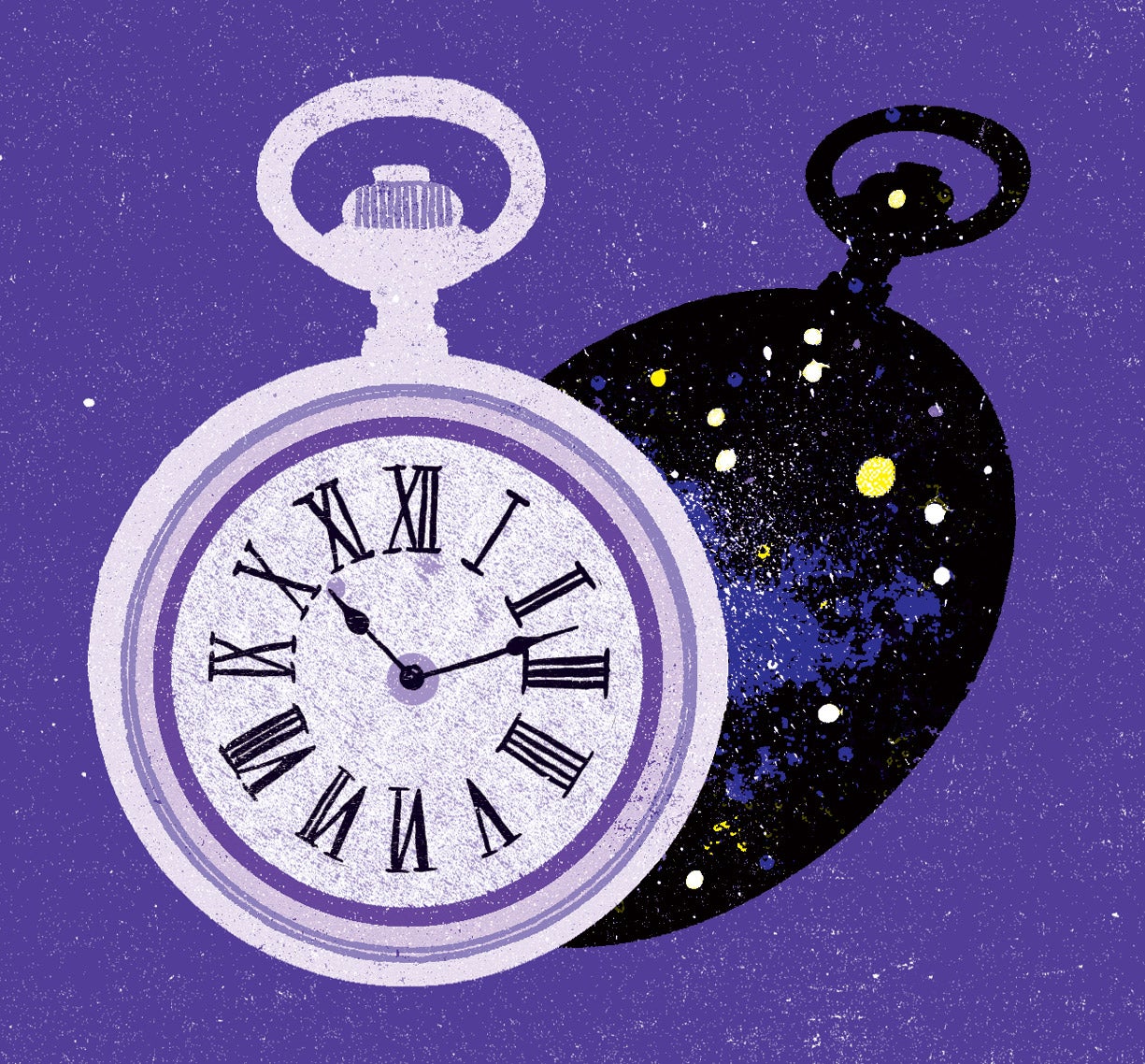“Wiser: Getting Beyond Groupthink to Make Groups Smarter,” by Professor Cass R. Sunstein ’78 and Reid Hastie (Harvard Business Review, 2015). As far back as Aristotle, people have been touting the benefits of group decision-making. Yet, as the authors note, history suggests that groups are often unwise or downright foolish. In the book, Sunstein, who wrote the influential behavioral science work “Nudge,” and Hastie, an expert on the psychology of decision-making, reveal the sources of group failure, including how groups can amplify errors of individuals, adopt a herd mentality and veer toward extremes. They also detail how groups can succeed, by assigning roles and seeking outside information and with leaders who make room for others’ viewpoints. Crowds aren’t always wise, they write, but since most of us work in groups, we should understand why and when they can be wiser.

“The Singular Universe and the Reality of Time: A Proposal in Natural Philosophy,” by Professor Roberto Mangabeira Unger LL.M. ’70 S.J.D. ’76 and Lee Smolin (Cambridge, 2015). In this book, a philosopher and a scientist tackle a subject that could not be grander: the universe and its history. Unger, a legal theorist (currently on leave from HLS to serve as minister of strategic affairs in Brazil), and Smolin, a theoretical physicist, base their inquiry on the premise that the universe is singular; that time is inclusive and real and therefore nothing in nature lasts forever; and that there is selective realism in mathematics. In connecting these ideas, the authors provide “a reinterpretation of some of the most important discoveries of 20th-century cosmology and physics, the historical character of the universe first among them.”
“Identified versus Statistical Lives: An Interdisciplinary Perspective,” edited by Professor I. Glenn Cohen ’03, Norman Daniels and Nir Eyal (Oxford, 2015). The book examines ways in which people are more likely to help those in actual danger than to protect as-yet-unidentified people from similar harm in the future. Examples of this bias range from the world of health care, where major resources are often devoted to the gravely ill, to extraordinary relief efforts such as the rescue of trapped miners in Chile. The book’s essays, including one written by Cohen, director of the Petrie-Flom Center for Health Law Policy, Biotechnology, and Bioethics, on how the concept plays out in litigation, examine when the bias arises, whether it is ever justified and its practical implications.
“Doubt in Islamic Law: A History of Legal Maxims, Interpretation, and Islamic Criminal Law,” by Professor Intisar A. Rabb (Cambridge, 2015). People commonly think that Islamic law, because it is based on the divine, leaves little room for discretion or doubt, says the author, co-director of the HLS Islamic Legal Studies Program. Yet doubt, she writes, is in fact at the heart of Islamic criminal law. Using case studies and examining the development of Islamic law from the seventh century to the 16th century, she highlights how the concept of doubt was used by Muslim jurists “to form a pragmatic method of interpretation that increased their institutional power over law.”
